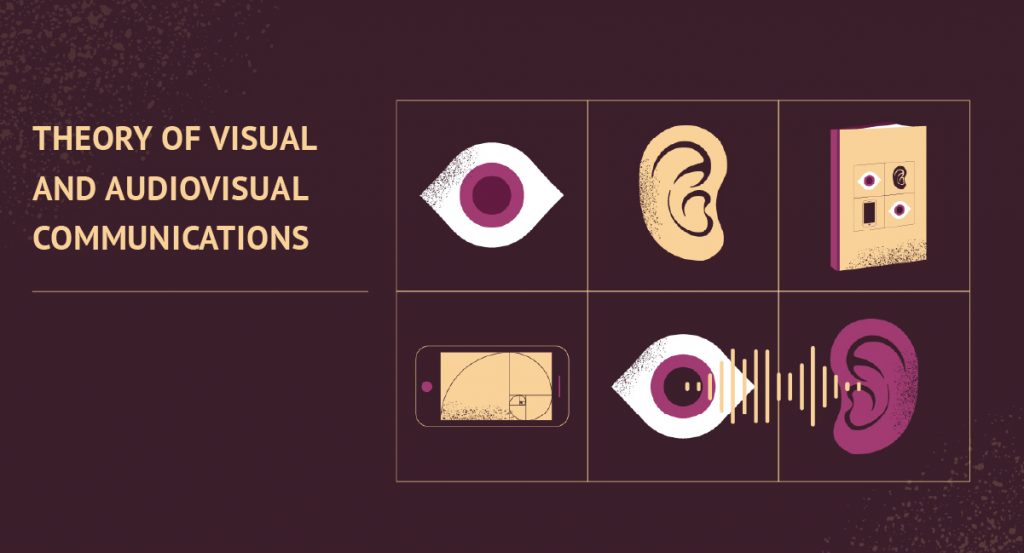What will you learn?
Why is it important to study the history of mass communications?
Evolutionary development of information carriers
What is audiovisual communication?
The difference between contemporary interactive art and traditional art
The origin and development of screen culture
How art changed in the 21st century?
Program
-
Module 1
In this section, you will learn about what is "audiovisual communications" , starting from simple historical perspectives to the new communication era where mass communications play an essential role in the progress of society.
- Introduction to the history of communications (this lesson is available in Russian language)
- Evolutionary development of information carriers (this lesson is available in Russian language)
- The beginning of a new communication era – the era of mass communications (this lesson is available in Russian language)
-
Module 2
In this module, you will learn about the inception of screen culture and the importance of media society. The module will also help to plunge into the world of interactive art, digital world, and will allow the reader to distinguish virtual reality from media.
- The emergence of screen culture (this lesson is available in Russian language)
- The illusion of a screen worldview and the power of multimedia (this lesson is available in Russian language)
- Virtual media culture and problems of the digital information society (this lesson is available in Russian language)
- Audiovisual communication and contemporary interactive art (this lesson is available in Russian language)
-
Module 3
The module is devoted to the "code" and the "world of signs", as well as visual images in popular culture and their impact on humans.
Instructors

Nariste Alieva
Media expert, trainer
You have successfully subscribed to the Cabar.Asia Media School mailing list
You need to activate the subscription by confirming the mail we sent you.

Frequently asked questions
How to register for the course?
First you need to register on the site itself, then select the course that suits you from the “Courses” section and register for the course itself.
Will I receive a certificate after completing the course?
The certificate is received by those who have passed all the lessons within the course and passed the final test successfully (at least 80%).
What if I don’t pass the test?
After each module in the course there is an intermediate test and a general test at the end of the course. You are given 10 attempts to pass the test. If it fails from the first attempts, you can review the lesson and take the test again. After exhausting 10 attempts, the system will be blocked. You will need to register for the course again to complete it.
What to do if the site is down?
Write to us at the indicated contacts in the “Contacts” section or in social networks.
What should I do if my name on the certificate is different from the name in the passport?
When registering, initially enter your data correctly. If you have indicated other details, write to us. We will correct and send the certificate with the correct data.
Can I take several courses?
Yes. You can take several courses at once or in sequence.
How often are courses updated?
Courses that already exist are not updated. We add new courses after they are crated.
How to participate in your other events?
We conduct various training events for journalists and journalism students from Central Asian countries. You can track new events on our website or on pages on social networks and take part. Often you need to register or pass a competitive selection.
Can only residents of Central Asia take courses?
Online courses are available to absolutely everyone regardless of place of residence. Offline events take place in one of the CA countries.
I am not from the media sector, but I want to enroll in the course. Is it possible?
Yes, everyone can take online courses.
How long is the course?
The duration of each course is determined individually, depending on the content and complexity of the course. The average duration is from 6 to 8 weeks. During this period, you must complete all the lessons and pass the tests. If you didn’t finish on time, the system will be blocked. But you can overwrite and go through again.



